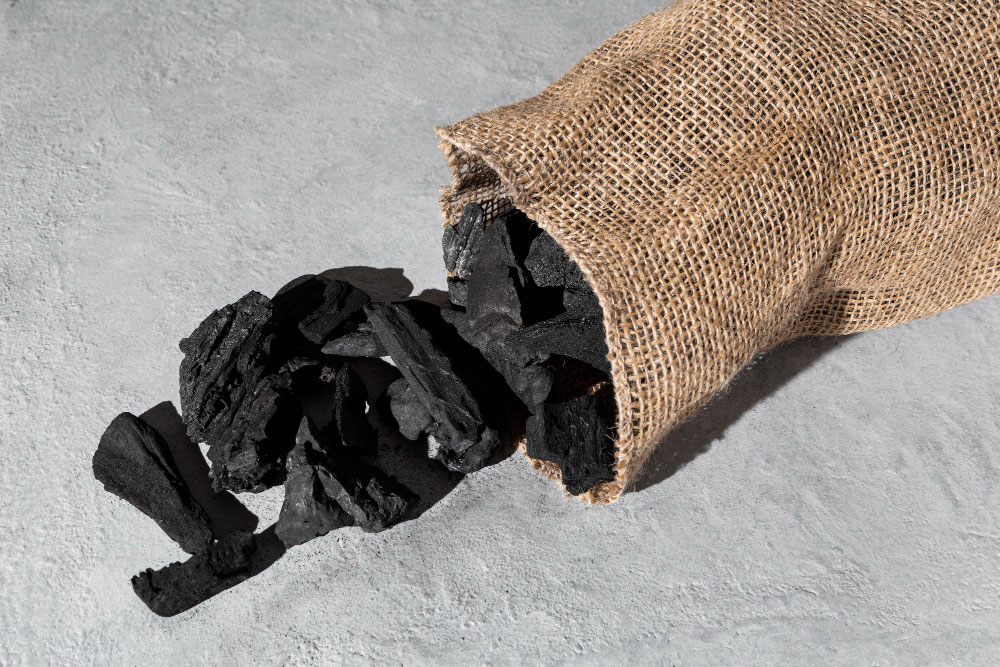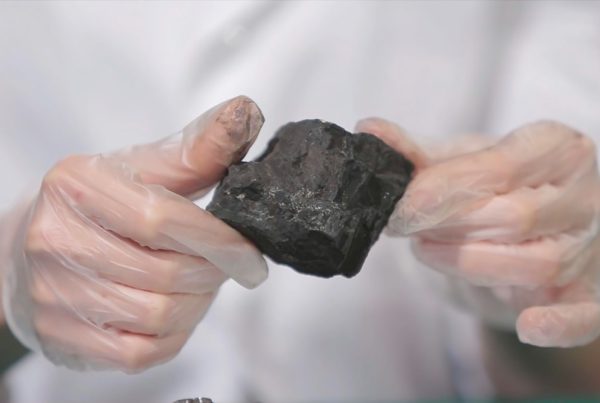In an era where environmental sustainability is at the forefront of global concerns, the quest for eco-friendly alternatives extends even to our choice of grilling fuel. Traditional charcoal, often derived from deforestation and unsustainable logging practices, poses significant environmental challenges. However, a promising solution emerges in the form of coconut charcoal briquettes, offering not only superior performance but also notable environmental benefits.
Renewable Resource
Unlike traditional charcoal, which primarily stems from the logging of trees, coconut charcoal briquettes are derived from discarded coconut shells, a renewable resource abundant in many tropical regions. Coconut trees naturally shed their husks, and repurposing these shells into charcoal briquettes mitigates the need for additional deforestation, contributing to the preservation of precious forest ecosystems.
Reduced Carbon Footprint
The production process of coconut charcoal briquettes is inherently more sustainable than that of traditional charcoal. Utilizing coconut shells as a raw material requires significantly less energy and emits fewer greenhouse gases compared to the carbon-intensive process of wood charcoal production. By reducing the carbon footprint associated with grilling activities, coconut charcoal briquettes offer a tangible way for individuals to mitigate their environmental impact.
Minimal Waste Generation
Another environmental advantage of coconut charcoal briquettes lies in their minimal waste generation throughout their lifecycle. The utilization of coconut shells, a byproduct of the coconut industry, reduces waste accumulation and promotes efficient resource utilization. Furthermore, coconut charcoal briquettes typically burn cleaner and produce less ash residue than traditional charcoal, minimizing the environmental burden associated with cleanup and disposal.
Improved Air Quality
In addition to their environmental sustainability, coconut charcoal briquettes offer practical benefits that contribute to improved air quality. Unlike traditional charcoal, which often emits excessive smoke and noxious fumes when burned, coconut charcoal briquettes produce a cleaner, more odorless burn. This characteristic not only enhances the grilling experience but also reduces air pollution and minimizes the health risks associated with exposure to harmful emissions.
Conclusion
As awareness of environmental issues continues to grow, the demand for sustainable alternatives in all aspects of daily life becomes increasingly pronounced. Coconut charcoal briquettes represent a compelling solution to the environmental challenges posed by traditional charcoal, offering a renewable, low-impact option for grilling enthusiasts. By harnessing the abundance of discarded coconut shells and leveraging their inherent benefits, coconut charcoal briquettes pave the way for a greener, more sustainable future in outdoor cooking.





